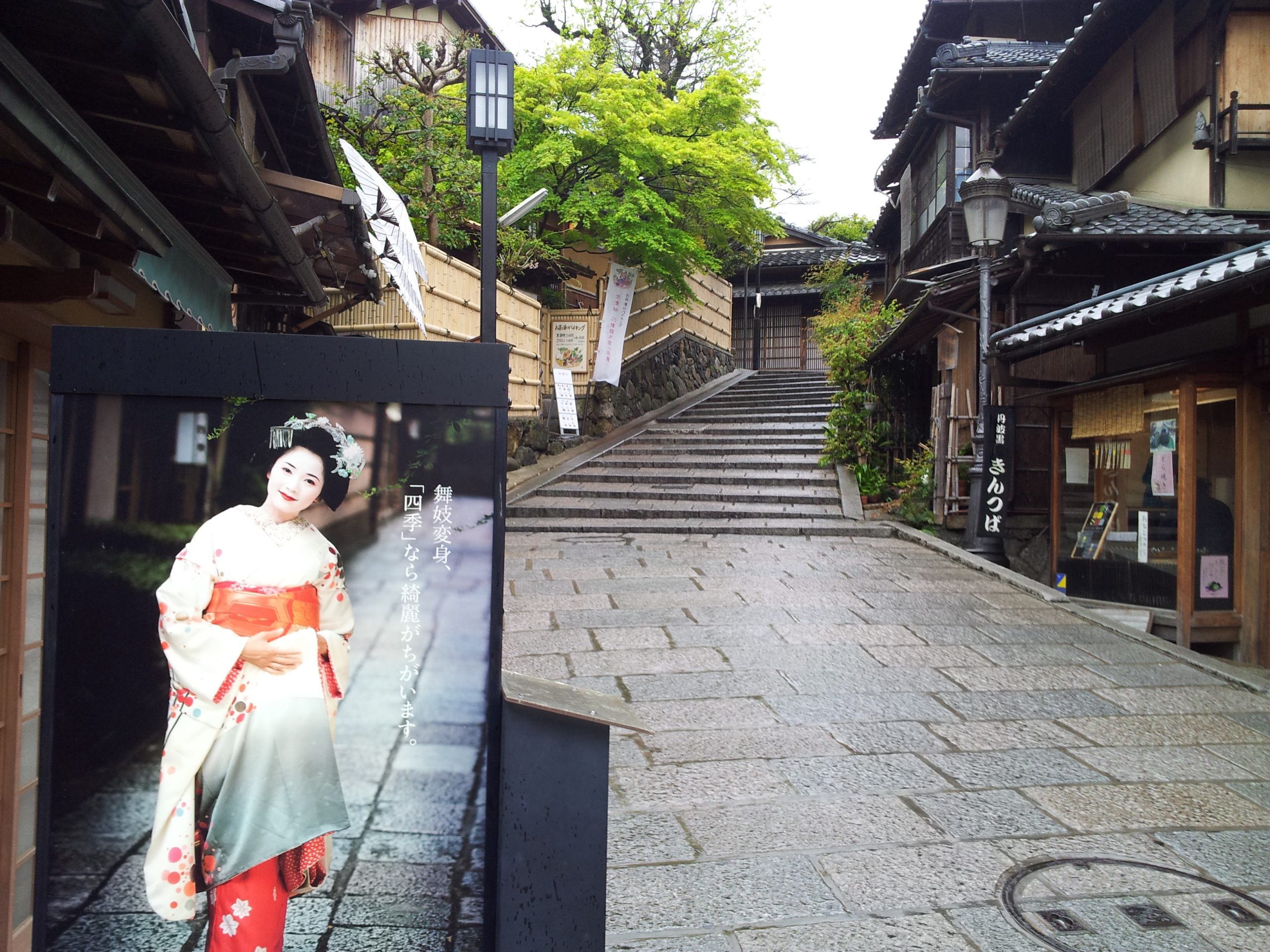Alchemy of the Word and the World

My earliest world-wanderings were undertaken through others’ words. On the magic carpet of my mother’s voice, I was transported to Narnia by C. S. Lewis, the Sahara and beyond by Antoine de Saint-Exupéry, and Great Places by Dr. Seuss. In high school and college I journeyed to Greece with John Fowles, Venice with Thomas Mann, France with Marcel Proust, Vietnam with Graham Greene, India with E. M. Forster, and Africa with Joseph Conrad.
When I managed to actually travel abroad myself, on a summer program in Paris between my junior and senior years in college, I underlined the addresses Ernest Hemingway mentioned in A Moveable Feast and reverently retraced his steps, piling up saucers at the Closerie des Lilas, gazing in awe at his apartment at 74 rue de Cardinal Lemoine and at Gertrude Stein’s storied salon at 27 rue de Fleurus. When I graduated and moved to Athens for a yearlong teaching fellowship, my guidebooks to the soul of the country were Nikos Kazantzakis’s Zorba the Greek and Henry Miller’s The Colossus of Maroussi.
Throughout my life I have found that literature and travel interweave in all phases of the sojourning cycle, from inspiration and planning to execution and reminiscence. F. Scott Fitzgerald’s Tender Is the Night propelled me toward the Côte d’Azur long before I ever thought of working in Paris, and when I ventured to an utterly unknown Japan on a two-year postgraduate fellowship, Lafcadio Hearn’s classic Glimpses of Unfamiliar Japan became a comforting counselor who led me gently into the heart of the land.
Most recently I sallied off to Namibia for a one-week tour of nature reserves and tribal conservancies. In preparation, I read Rick Bass’s excellent The Black Rhino of Namibia, and his words resonated in my head and heart one unforgettable morning when, with the earth scraping underfoot and an ancient energy crackling in the air, we tracked a rhino in the wild.
Sometimes a book is at once reminiscence and revelation. In April I led a group of intrepid and impassioned travelers through Kyoto and Shikoku, Japan. Beforehand I re-immersed myself in Pico Iyer’s enthralling and insightful The Lady and the Monk, the account of a year in Kyoto. I first read the book when it was published in 1991. In 2013, with two more decades of Japan experience behind me, I reveled even more deeply in its lessons; at the same time, on this new trip, I found myself attending ever more keenly to the silences and shadows that, as Pico had shown me, punctuate life in Japan.
Sometimes a book casts unexpected illuminations. In her charming memoir of studying Mandarin while residing in Shanghai and Beijing, Dreaming in Chinese, Deborah Fallows beautifully illustrates how a word can unlock the character of a place: Rènao,Fallows explains, means “noisy and exciting in a pleasant way.” “At a rènao restaurant in China,” she writes, “diners squeeze around too-small tables that are squeezed into too-small spaces. They toast, drink, tell stories, pass food, hop from their seats to drink to each other, sing, laugh, eat. Servers bustle from table to table, bringing more and more dishes, opening more and more bottles. Diners call after servers, servers run faster. The measure of a great evening is the hotter and noisier the better.” In a few sentences, I’ve been transported halfway around the planet—and I’ve also gained a deeper appreciation of a particularly rènaoplace I love in San Francisco’s Chinatown.
A book with a great sense of place—be it memoir, reportage, or fiction—enacts a journey: introducing us to new landscapes, cultures, and characters; scents, textures, and tastes; traditions, conflicts, and dreams. Such literature can also, as with the best journeys, teach us about the boundlessness of the world—and of ourselves. For me, the book that exemplifies this is Peter Matthiessen’s masterful The Snow Leopard. In that riveting account of a Himalayan expedition, Matthiessen weaves threads of knowledge and musing about Nepal and the Himalaya, Buddhism, and human hopes and despairs. He instructs us about the region and the religion, but he also teaches us about the limits and limitlessness of human aspiration and the precious fragility of human connection. He reminds us that we are only as big as the dreams we dare—and as testament to its life-changing power, his odyssey ultimately inspired me to leave an extremely secure, cosseting existence in Japan for an extremely insecure and intimidating unknown future in the United States.
So the alchemy of the word and the world enriches our inner and outer adventures, wherever we may be, on the planet and on the great pathway of life.

